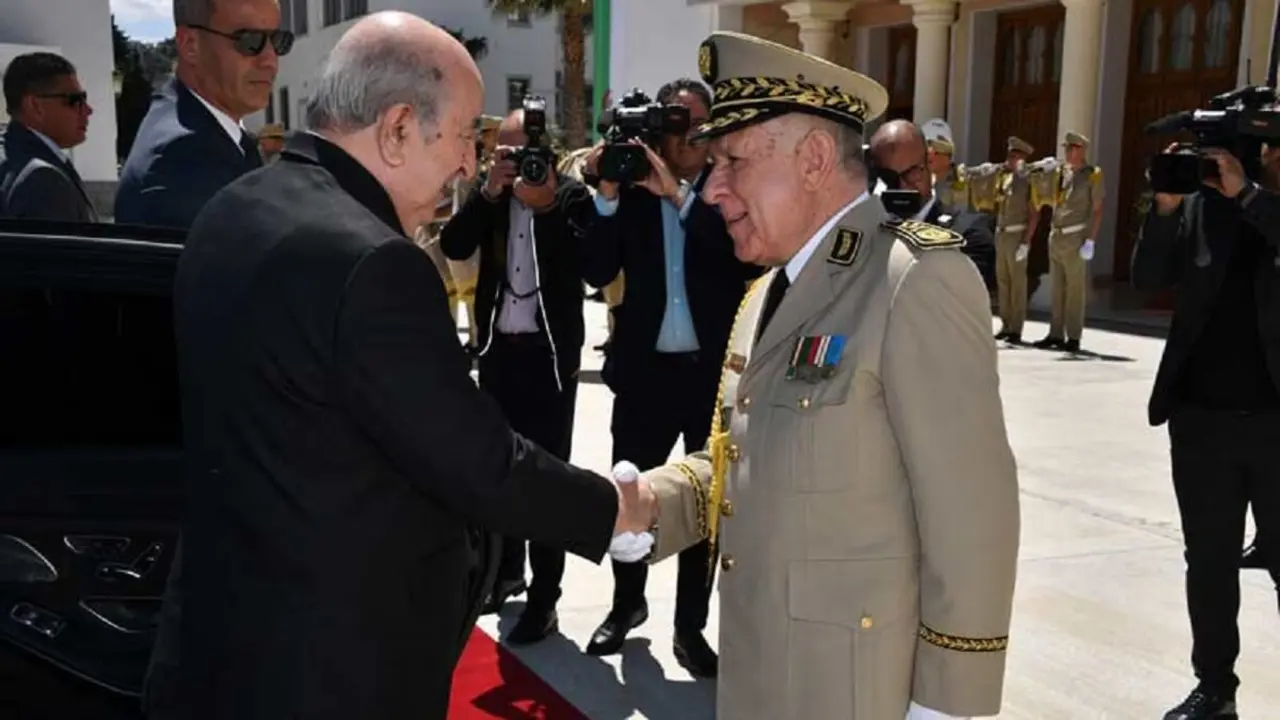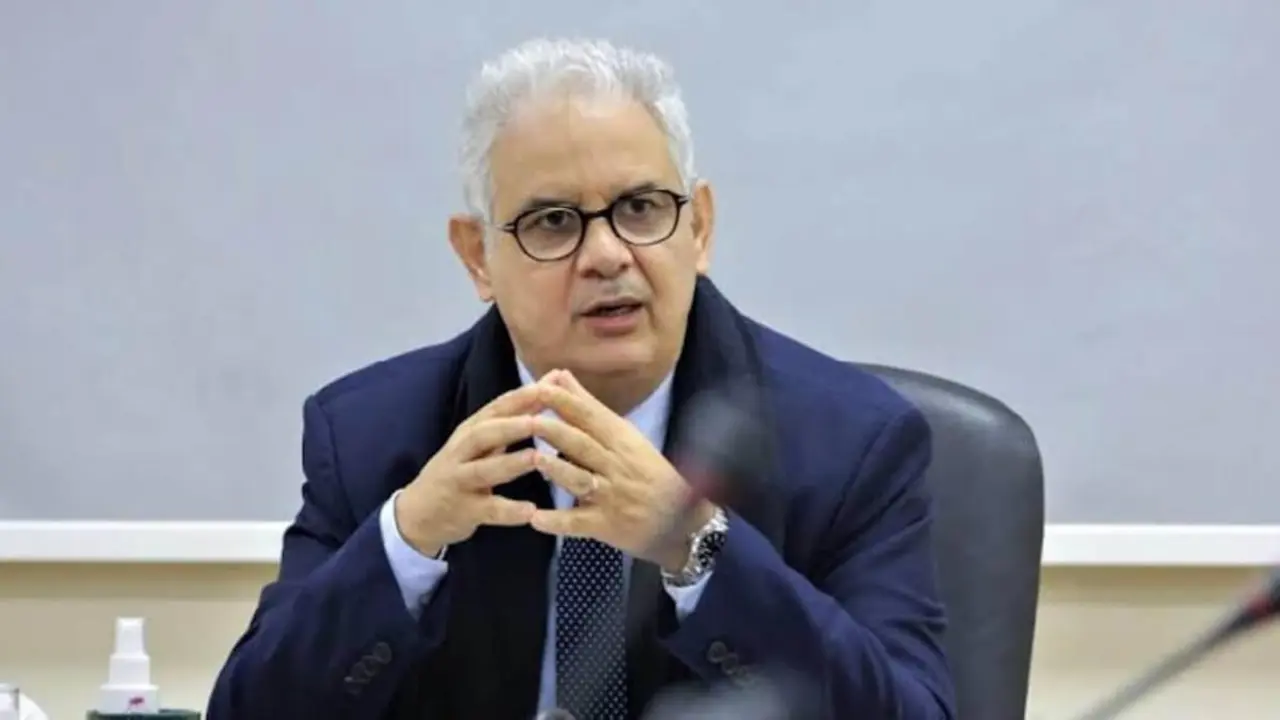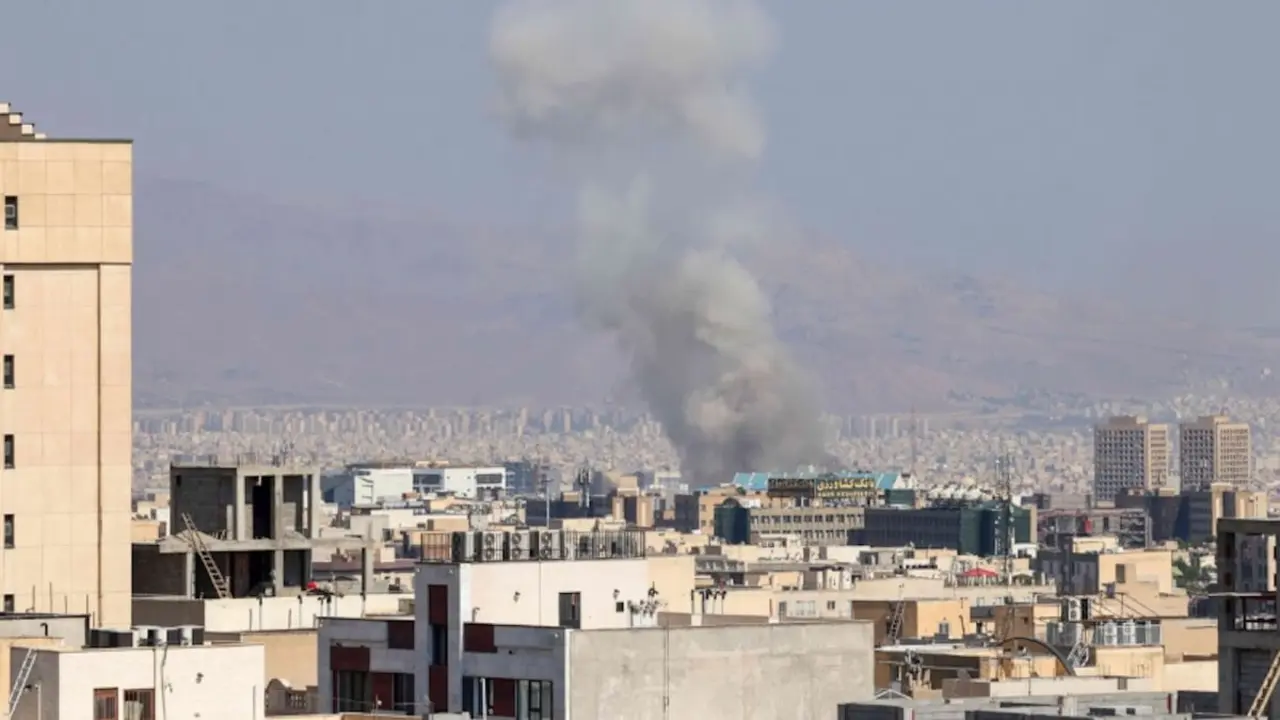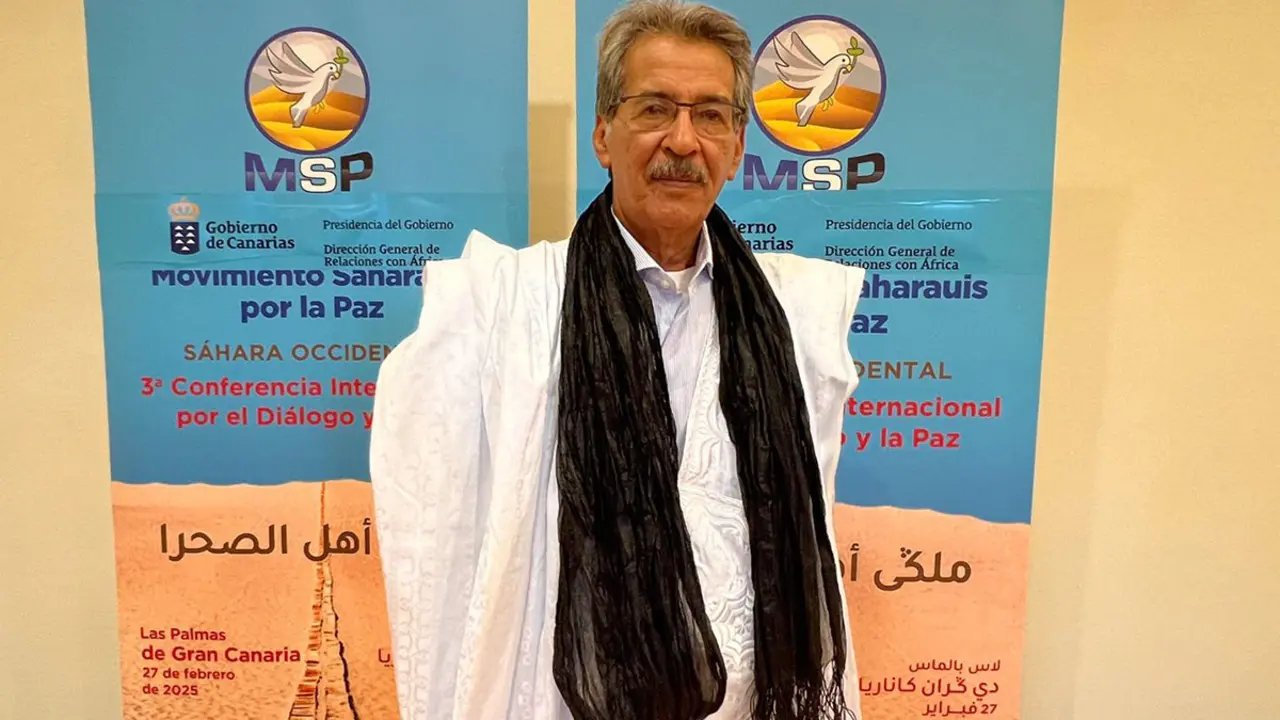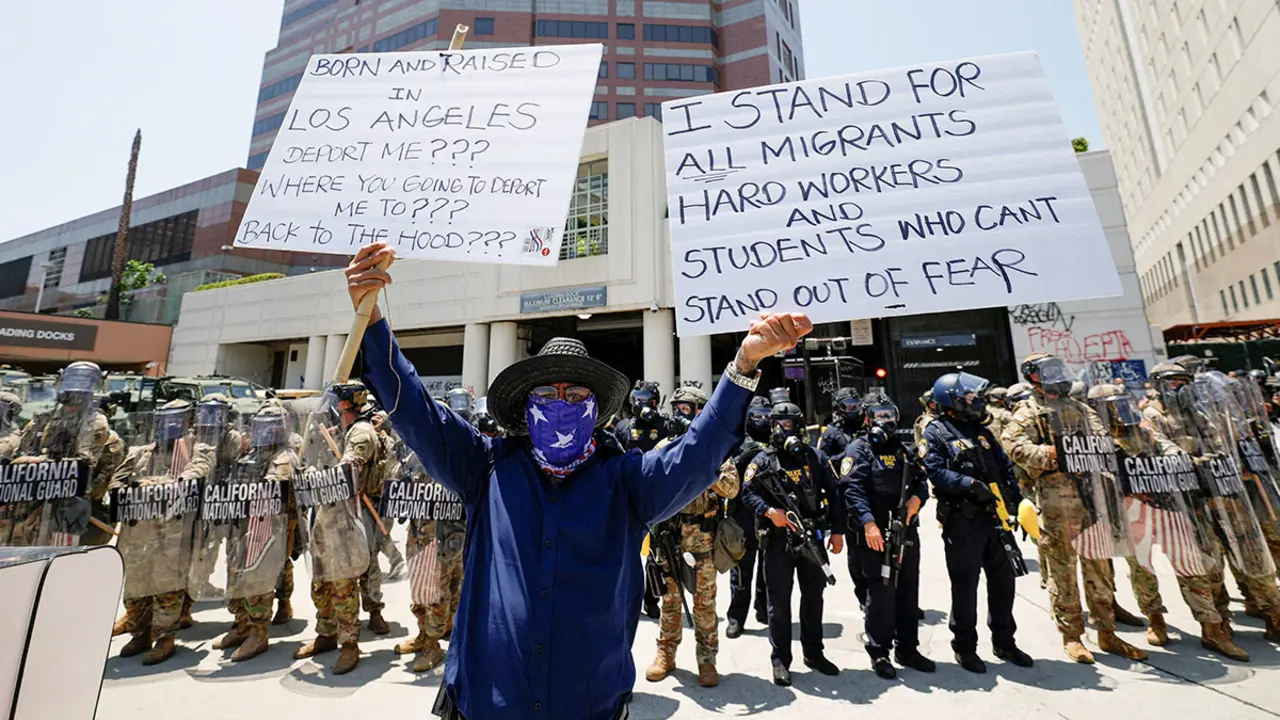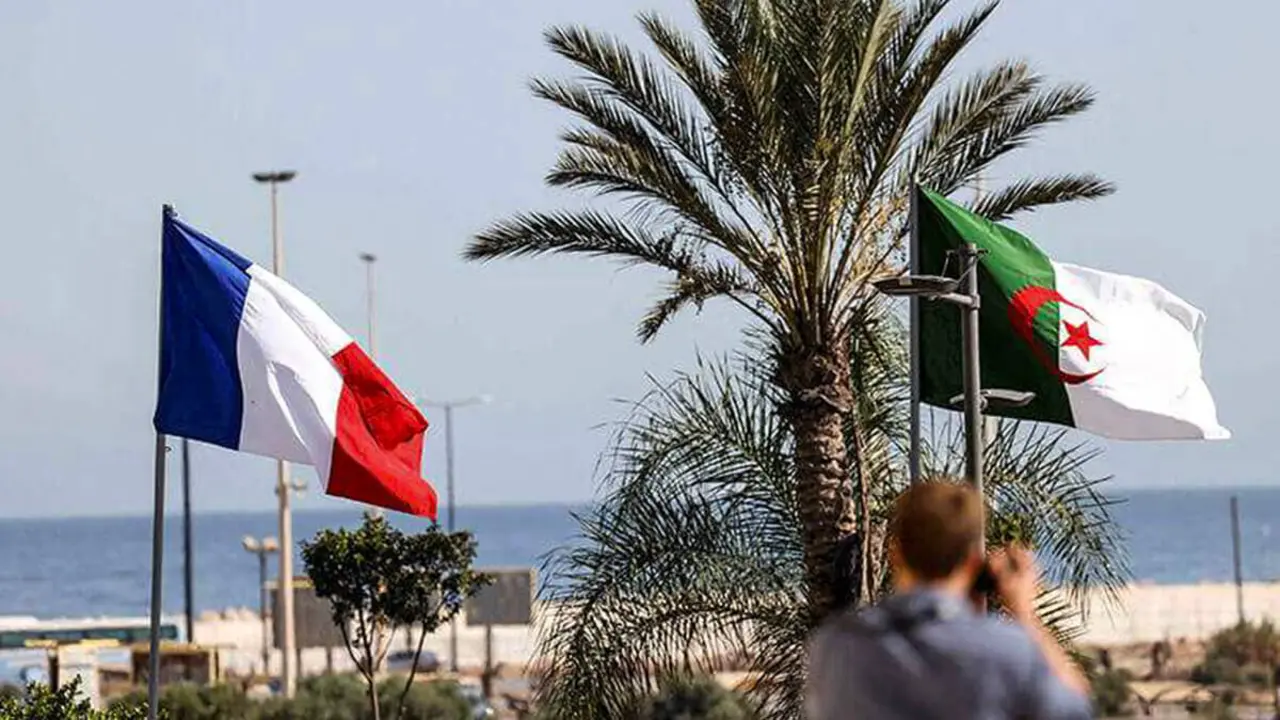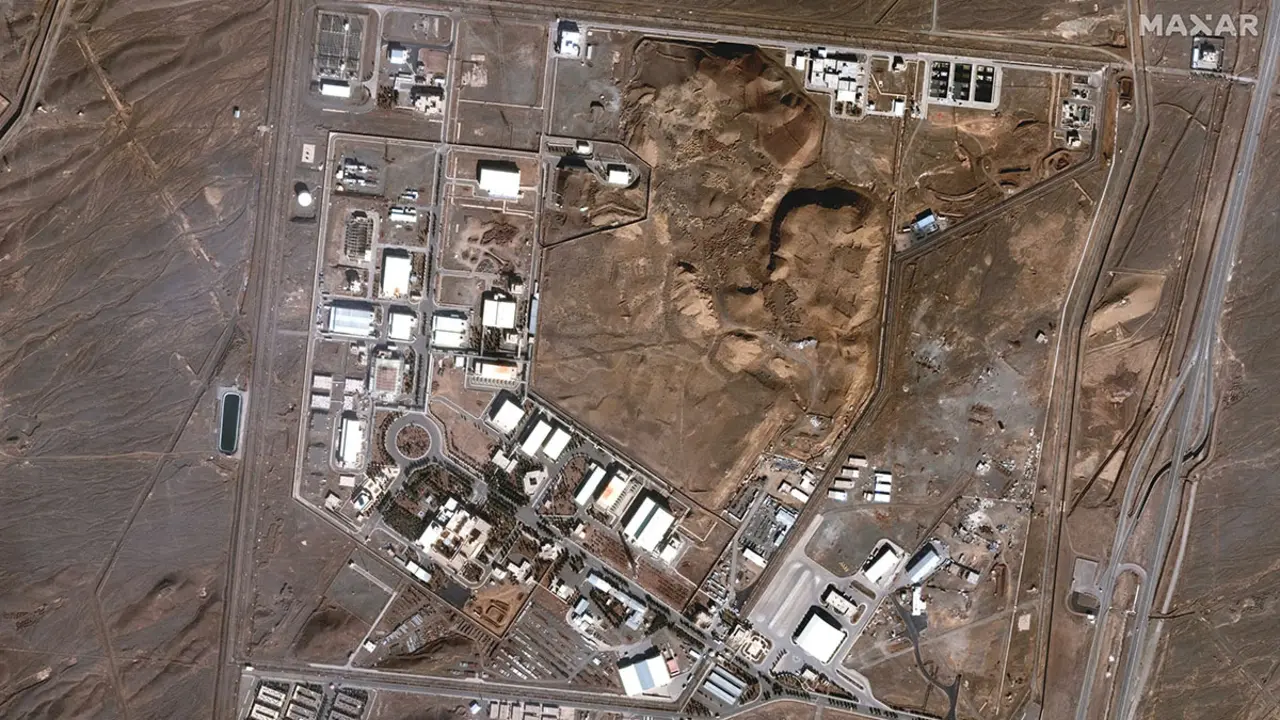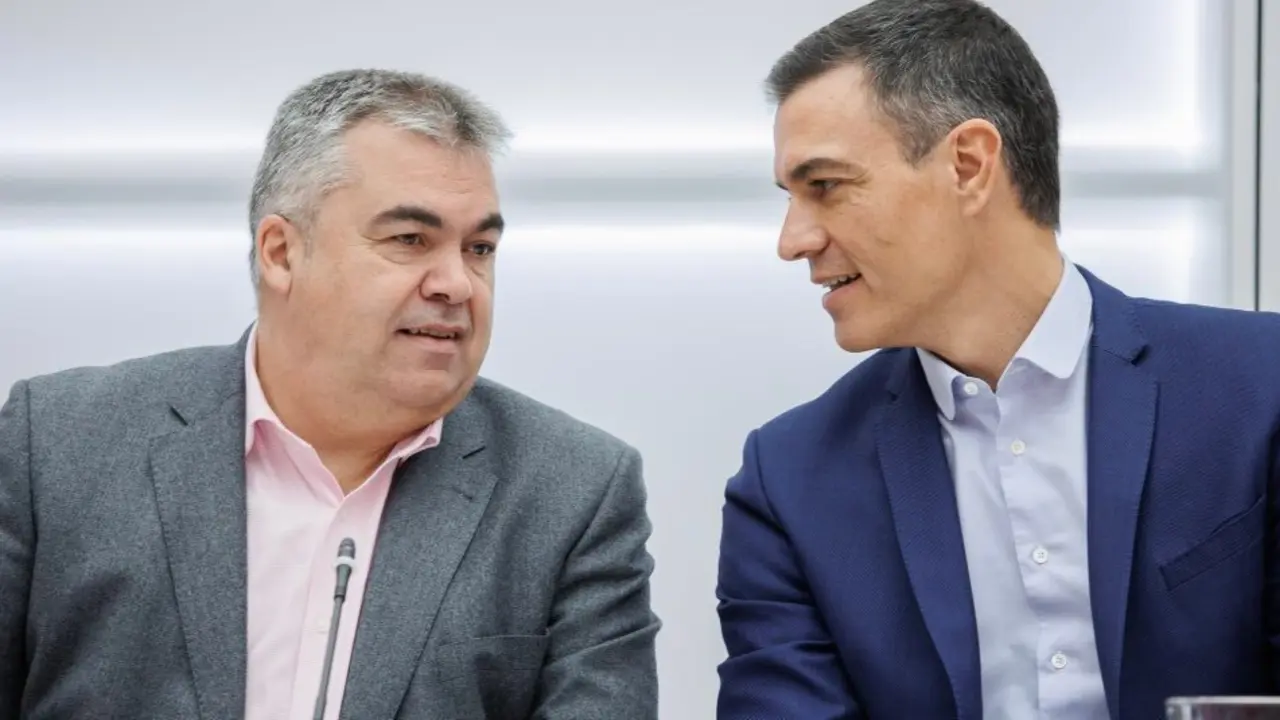Pompeo threatens sanctions despite end of Iranian arms embargo

US Secretary of State Mike Pompeo said on Sunday that the US will impose sanctions for selling weapons to Iran even as the UN embargo against sales to the nation expires.
"The United States is prepared to use its national authorities to sanction any individual or entity that contributes substantially to the supply, sale or transfer of conventional arms to or from Iran, as well as those providing technical training, financial support and services, and other assistance related to these weapons," Pompeo said in a statement.
"Over the past ten years, countries have refrained from selling weapons to Iran under various UN measures," Pompeo added. "Any country that now defies this ban will clearly be choosing to fuel conflict and tension rather than promoting peace and security," he said.
"Today's normalisation of Iran's defence cooperation with the world is a victory for the cause of multilateralism and peace and security in our region," Iranian Foreign Minister Mohammad Javad Zarif tweeted.
In 2007, the United Nations imposed a formal arms embargo on the Islamic Republic amid growing tensions over the Persian country's nuclear programme.
Tehran's response was to suspend its cooperation with the International Atomic Energy Agency (IAEA) and move forward with its nuclear programme despite UN "intimidation".
The sanctions imposed included: the purchase or acquisition of dollars; trade in Iran's gold or precious metals; oil-related transactions; those linked to the energy sector; and the embargo on arms transfers.
But in 2015 the far-reaching nuclear agreement was reached between Iran and six world powers: the United States, Russia, China, the United Kingdom, France and Germany. The agreement was signed after more than two years of negotiations. Known as the Joint Comprehensive Action Plan (JCPOA), it was considered a milestone in the foreign policy of the then president of the United States, Barak Obama.
The pact envisaged lifting the economic sanctions against Tehran in exchange for it limiting its atomic energy programme. This programme had aroused certain concerns among the international powers about its possible use in a hypothetical nuclear race.
However, in 2018 it seemed that everything was falling apart, or almost. The arrival at the White House of the ultra-conservative Donald Trump, who during the presidential campaign in 2016 was already talking of withdrawing the 2015 agreement, signified the departure of the leading global power.
With Washington's withdrawal from the 2015 agreement, the Trump Administration challenged its European allies, who warned that the measure could have devastating humanitarian consequences; meanwhile, the Trump Administration imposed new sanctions on Iran's financial sector.
London, Paris and Berlin continued their dialogues with Tehran to save the JCPOA. "Together we emphasize our continued commitment to the JCPOA. This agreement is very important for our shared security," reads a joint communiqué from the governments of France, the United Kingdom and Germany.
Iranian President Hassan Rohani this week congratulated the population for the October 18 lifting of the "oppressive embargo" on conventional weapons, imposed in 2007 by the UN Security Council, and "despite four years of efforts by the United States" to prevent it.
In statements to the Efe agency, the influential Major General Yahia Rahim Safaví, military adviser to the supreme leader and former commander-in-chief of the Revolutionary Guard, stressed that they have managed to have "the technological capacity and all the weapons and equipment to defend not only Iranian territory but also to reach the Mediterranean, the Red Sea, the Indian Ocean and the Caspian Sea".

